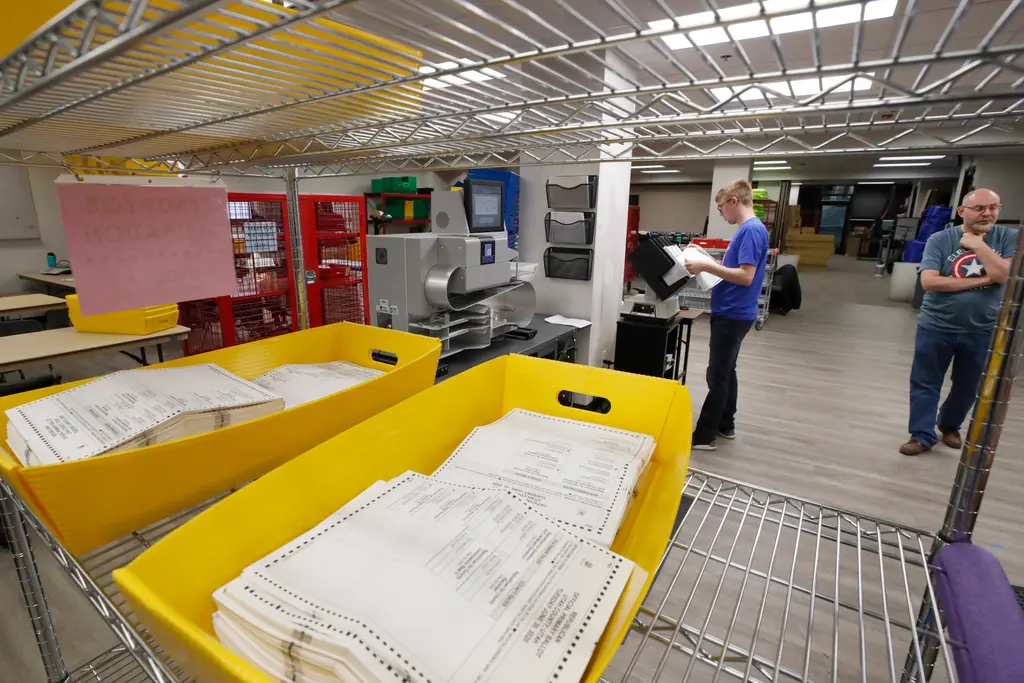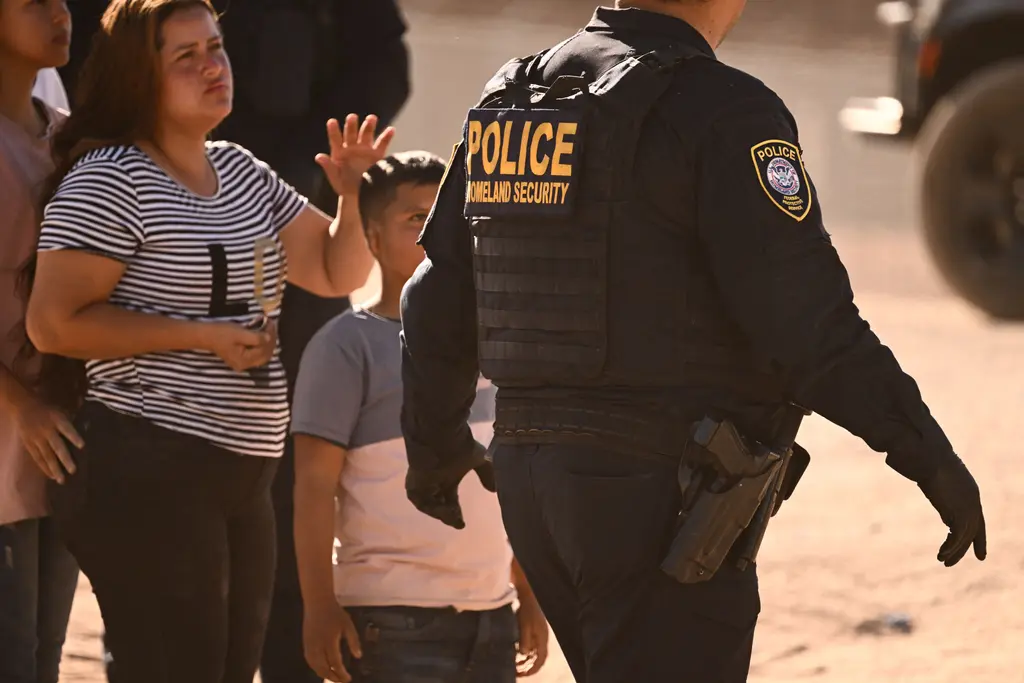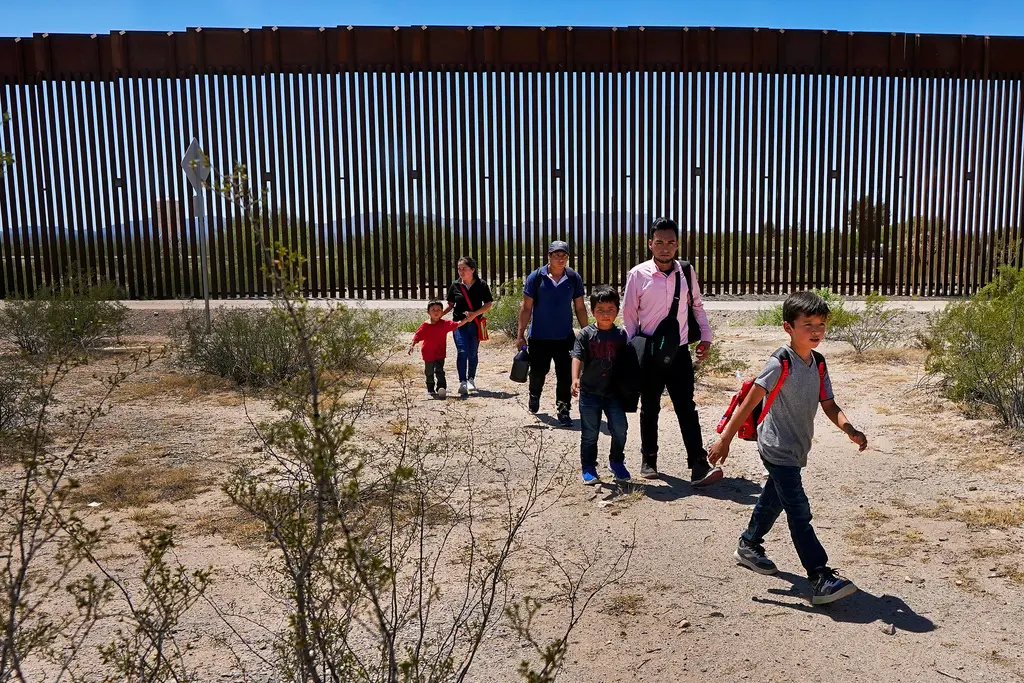Hey CELAC, where’s the Democratic beef?

Last week at the 23rd meeting of foreign ministers of the of the Latin American and Caribbean States Community (CELAC), the assembled foreign policy mavens from 33 countries in the region, excluding the United States and Canada, published a whopping 34-paragraph declaration.
It was truly your classic, diplomatic, kitchen sink with something for everyone. The ministers appropriately noted the devastating effects of the Covid-19 pandemic and pledged to work together to ensure everything from food security to energy transformation to universal access to healthcare and environmental sustainability.
The group also drafted a rather balanced and well-reasoned series of paragraphs concerning narcotics and drug policy, as well as climate change and efforts to to mitigate the disastrous effects of extreme weather in the region. And there was mention, of course, mention of Cuba and the devastating humanitarian consequences of Haiti’s inability to govern itself.
Yet in this smorgasbord of issues, one stood out for the disappointing paucity of attention it received - the issue of democratic governance.
Sandwiched in between paragraphs concerning plastic contamination and the need for more traditional development assistance that transcends existing financing structures, the Ministers virtually whispered their commitment to the consolidation of democracy, conditioning this on the defense of national sovereignty, free from threats, aggression, and unilateral coercive measures (viz U.S. sanctions).
Más sobre Opinion
There was nothing in this sumptuous word salad about the political prisoners held in inhumane conditions in Nicaragua’s infamous El Chipote prison. Not a word on the systematic torture of regime opponents in Venezuela’s Heliocoide dungeons, as recently exposed in the UN Human Rights Commission’s third report on the country that has given the region 7.2 million refugees in the past 5 years. Utter silence on Cuba’s kangaroo courts and harsh prison sentences for ordinary citizens who dared protest their lack of basic civil liberties, not to mention food, during last summer’s public gatherings.
These glaring omissions at a meeting designed to promote regional political and economic integration are both shocking and cynical. While a number of principled leaders and foreign ministers from the region have made unilateral declarations of their rejection of systemic human rights abuses by the region’s authoritarian leaders, when herded into a beautiful reception room, between bonhomie and Argentine bife, none could do more than eke out a tepid one-liner that they should renew their commitment to democracy … provided the U.S. and EU leave poor little Nicaragua or Cuba alone.
While there is no doubt that the Biden istration maladroitly handled its own hosting duties in Los Angeles at the Summit of the Americas by not inviting all regional leaders, CELAC’s dismissive attitude toward growing authoritarianism in the hemisphere reflects either cowardice or worse, a genuine denial of the commitments and values that are contained in the Universal Declaration of the Rights of Man and the InterAmerican Democratic Charter.
Like virtually all post-meeting documents issued by regional leaders all over the world, most citizens will have no idea this one been written. For the tiny policy cognoscenti in think tanks, universities, and foreign ministries, they will dissect this document and use it as biblically-sound reference for future pointless public proclamations.
Meanwhile, Venezuelan migrants will continue to die marching through the Darien Gap.
Nicaragua’s opposition presidential candidates will die in prison.
And Cubans will continue to take to the sea in ramshackle rafts to escape the very regimes that were able to successfully bully Latin America’s foreign policy leaders to stay mum in Buenos Aires on their wholesale abuse of their people.



